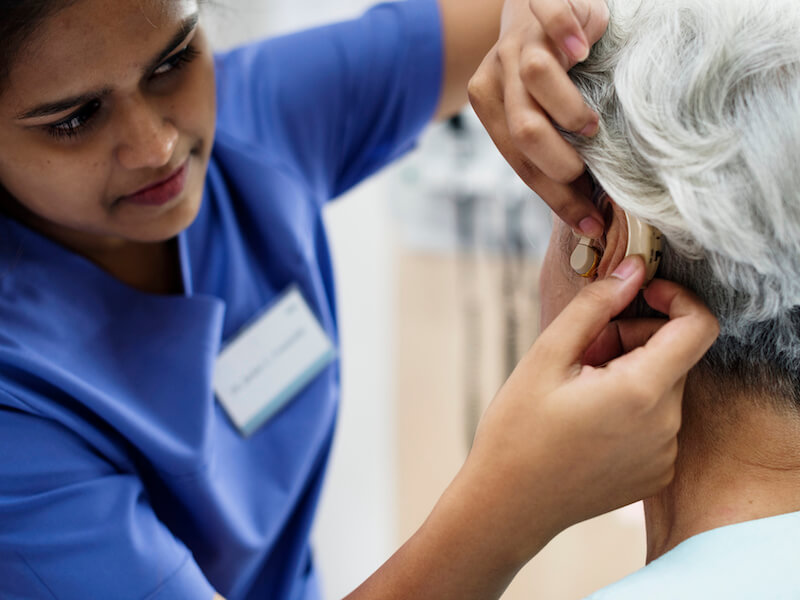
Trouble hearing? Here’s how to know if your hearing aids need repair.
You take care of your hearing aids. You baby them. Cleaning them daily, you make sure they are snug on their charger when you go to sleep.
That’s why it’s so frustrating that, suddenly and distressingly, your hearing aids aren’t working the way they should. Fortunately, there are some steps you can take to troubleshoot the issue. Just remember: your number one task is to avoid damaging your hearing aid further (otherwise replacing them may be required).
Your Hearing Aid Might Need Troubleshooting
Make sure you consult with your owner’s manual when performing maintenance and troubleshooting as every model of hearing aid can be somewhat different. On most models, these things can be checked:
- Check for noticeable damage: Check to see if there are any visible cracks or loose components around the shell of your hearing aid. Cracks, clearly, could reveal more extensive damage (or allow).
- Keep your microphone clear: Look for anything obstructing the microphone of your hearing aid. An obstructed microphone can cause feedback or can cause your hearing aids to sound broken or silent.
- Wax buildup: Check for wax buildup which could be impeding the normal functionality of your hearing aids. Even if you perform regular cleaning, sometimes wax can build up quickly, so it’s worth checking this off your list.
- Check your battery: Always check your battery power even if you’re certain your hearing aid charged all night. Even rechargeable batteries need to be replaced eventually and sometimes you may not have them inserted fully.
Each of these issues will have its own strategy so check your owner’s manual. Self maintenance will be a possibility in some cases. (But, once again, consult the instructions.)
Does my Hearing Aid require Repair – How Can I Tell?
Your hearing aid will probably require professional repair if you continue to have issues with it after carrying out these basic maintenance tasks. Because you depend on your hearing aids for all of your everyday conversations and social activities, this most likely doesn’t sound very attractive.
However, it’s worth mentioning that “repair” doesn’t always mean you need to “send your hearing aid out” for service and wait a few weeks. In some cases, we can fix it while you wait.
So in those cases, you will be able to get your hearing aid back in the same day (this is why it’s a good idea to bring your hearing aid in so we can assess the damage).
There are still some circumstances where same day repair isn’t possible. And on those occasions, you could find yourself in need of a backup pair of hearing aids. So if you’ve got an old pair lying around, ask us whether they will serve on a temporary basis. There might even be a loaner set at our office that you can use until yours come back.
Don’t Put Off Getting Help With Your Hearing Aids
It’s essential to get your hearing aids repaired as soon as you notice any falter or fading of the audio quality.
If you do this you will be more likely to eliminate any downtime. Neglected hearing loss can impact your total health, including your mental health. More to the point, once your hearing aids are forgotten in a box somewhere, it’s all too easy to pretend they don’t exist, all the while, your hearing grows worse and worse.
The best way to keep your hearing healthy is to keep those hearing aids working. And the easiest way to do that is to clean them, keep them charged, and, when necessary, take your hearing aids to get some professional help.